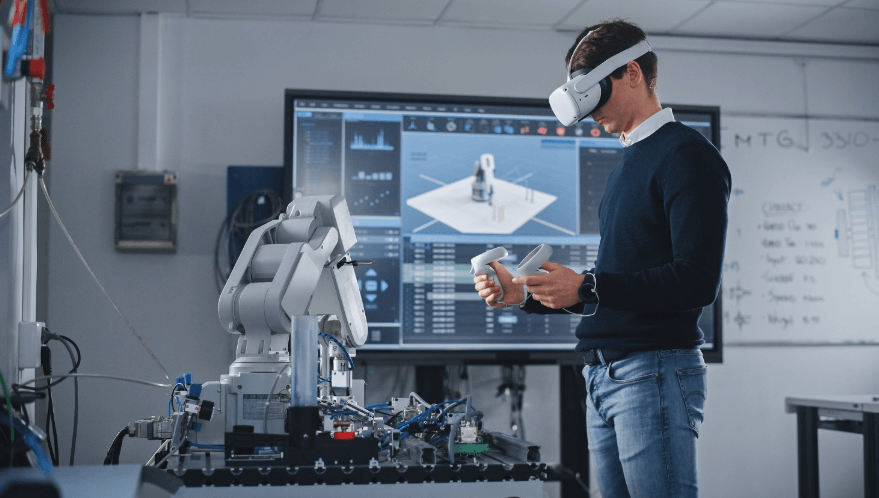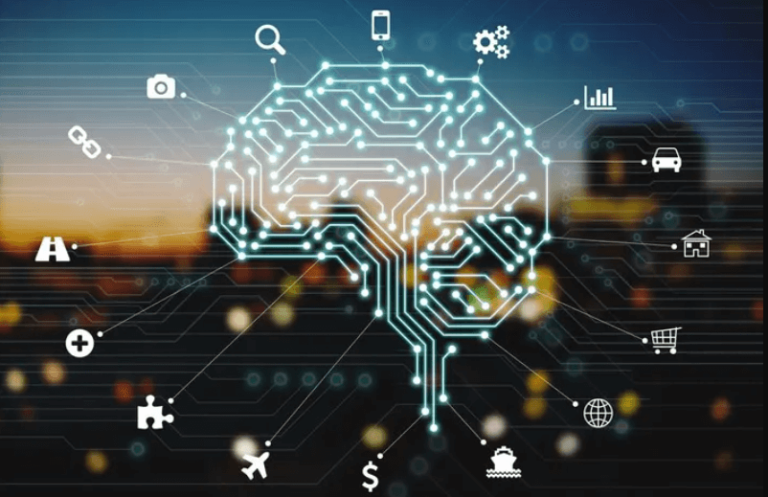How Virtual Reality Is Changing Education and Training
The integration of virtual reality into education and training represents a significant shift in pedagogical methodologies, offering immersive learning experiences that enhance both engagement and retention. By enabling learners to practice skills within simulated environments, VR fosters critical thinking and autonomy while ensuring safety. As we explore how this technology reshapes traditional educational frameworks, it becomes essential to consider the implications for skill development and the future of collaborative learning. What challenges and opportunities lie ahead in this evolving landscape?
Immersive Learning Experiences
Frequently harnessing the capabilities of virtual reality, educators can create immersive learning experiences that engage students in dynamic environments, enhancing both comprehension and retention of complex concepts.
By utilizing virtual simulations, learners partake in experiential learning that transcends traditional methods, allowing for exploration and experimentation in safe, controlled settings.
This innovative approach cultivates critical thinking skills and fosters a sense of autonomy in the educational journey.
See also: Top 10 Must-Have Gadgets for Tech Enthusiasts in 2025
Skill Development and Practice
Virtual reality serves as a powerful tool for skill development and practice, enabling learners to engage in realistic simulations that mirror real-world challenges and scenarios.
These virtual simulations provide immersive environments for hands-on training, allowing individuals to hone their skills without the constraints of traditional settings.
Enhanced Engagement and Retention
Enhancing engagement and retention in educational settings, virtual reality captivates learners by immersing them in interactive experiences that stimulate curiosity and foster deeper understanding of complex concepts.
Through interactive simulations and gamified learning, students actively participate in their education, resulting in heightened motivation and improved retention rates.
This innovative approach not only transforms traditional pedagogy but also empowers learners to explore knowledge in dynamic, meaningful ways.
Future Trends in VR Education
As educational institutions increasingly adopt immersive technologies, the future of VR in education is poised to redefine learning paradigms, creating personalized and adaptive experiences that cater to diverse learner needs.
This evolution will foster collaborative environments, allowing students to interact and learn together in virtual settings.
Ultimately, these advancements promise to enhance critical thinking, creativity, and engagement, empowering learners to explore knowledge freely and innovatively.
Conclusion
The integration of virtual reality in education and training signifies a paradigm shift, challenging traditional methodologies.
By facilitating immersive experiences, VR not only enhances skill development but also fosters deeper engagement and retention of knowledge.
As educational institutions increasingly adopt these technologies, the potential for personalized and collaborative learning expands.
This evolution raises critical questions about the future of pedagogical practices and the necessity for educators to adapt, ensuring that learners are equipped for an increasingly complex world.






